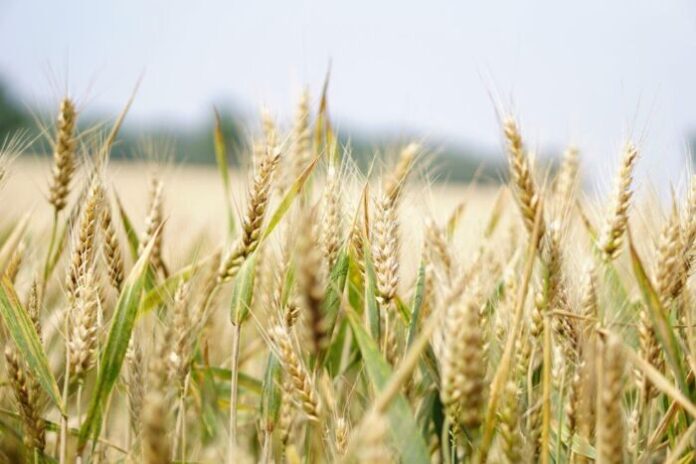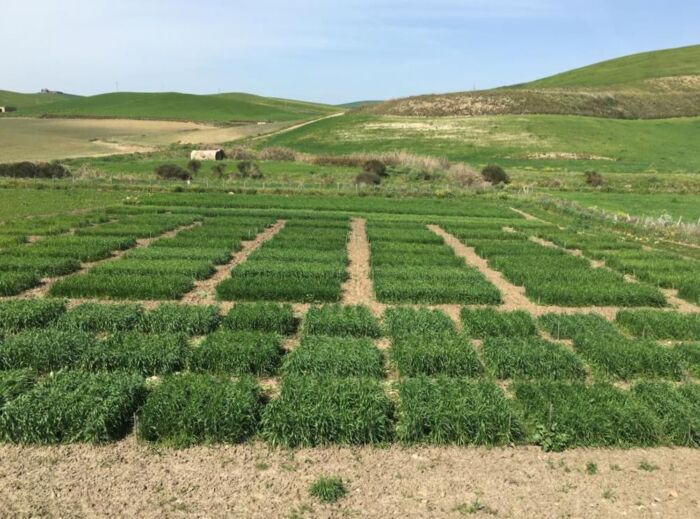
More and more often we hear about PAC. The acronym is now known by public opinion but few really know what the Common Agricultural Policy of the European Union implies. The first consideration to be made is that the CAP reform weighs heavily, about a third of the seven-year budget put on the table by the EU, an amount equivalent to about 350 billion euros. This reform is central to putting the Union’s climate policies on the right track but is in contrast with the great green guidelines of the EU.
With the Green Deal, in the first place, above all with two guidelines issued after the end of the first lockdown: the Farm to Fork Strategy (which concerns the agri-food chain) and the Biodiversity Strategy. Two documents that provide for cutting 50% of pesticides used in fields and 25% of antibiotics used in intensive livestock farming; at least 10% of the cultivated area intended for hedges and ponds to shelter wild fauna and flora; 25% of fields converted to organic. All this by 2030.
To take sides as openly as the CAP reform is Giuseppe Li Rosi, president of Simenza, Sicilian Cumpagnìa Sementi Peasant, a cultural association founded in 2016 to defend one of the most precious assets of Sicily, biodiversity.
Is a CAP that is friendly to the environment and biodiversity that is being discussed at European level?
The CAP is a proposal born in 2018 and many things have changed since then. What worries us, however, is not only the CAP but the incompetent management of the agricultural sector by those who govern us. Let me give you an example: our Minister of Agriculture, Teresa Bellanova, claimed to manage rotations so as to make me have only two wheat crops in five years, justifying this proposal as a measure in support of biodiversity. For millennia we Sicilian farmers have made a two-year rotation and it has always worked. Proof of this is the fact that Sicily has one of the richest biodiversity assets in Italy.
If we talk about the CAP, however, this reform contradicts other European strategies. Farm to Fork represents a leap forward because it encourages agricultural production while respecting the environment and biodiversity. Not so the Common Agricultural Policy. There is pressure from the lobbies, pushing the EU to ensure that the funds reach the chemical and oil industries, which produce fertilizers that are enemies of biodiversity. In a sense, multinationals are waging war on small farmers, without thinking that they are the ones who hold the keys that establish the connections between man and the planet and that make the latter productive. We farmers are the ones who safeguard the environment and biodiversity.

So does the CAP damage the environment but also the farmers?
The damage is already there, so only the effects are exacerbated. Those who legislate forget that climate change is taking place, that we need variety, both in agriculture and in the animal kingdom, and that what is produced by humans – super-performing plants and hybrids – are unhealthy for humans and ‘environment. The erosion of biodiversity began about 120 years ago and continues today due to those who have not understood that we must preserve it. Nature has the great ability to adapt to changes, including climate change, activating resilience and allowing the planet to continue to be productive. With the CAP, the chances of producing healthy and tasty food will decrease because this reform undermines small businesses, true guardians of biodiversity.
The CAP has not yet been approved. What do you ask as Simenza?
We are too small an association to have a say in the matter but we join the appeal of those who are older than us, such as Federbio and Slowfood, who are asking for the proposal to be withdrawn and the commitments made with the Farm to Fork Strategy to be respected. The funds are intended for those who defend nature, those who fight climate change, those who reduce antibiotics on farms, those who reduce pesticides, those who convert farms. With Simenza, for about five years we have been concretely committed to safeguarding biodiversity through the creation of a new economy, cultivating and preserving local grains, the so-called ancient grains, giving small processing industries an exclusive product. But again, we plant trees and hedges, we try to stop erosion and preserve humus, to ensure the survival of our land and our species.



































